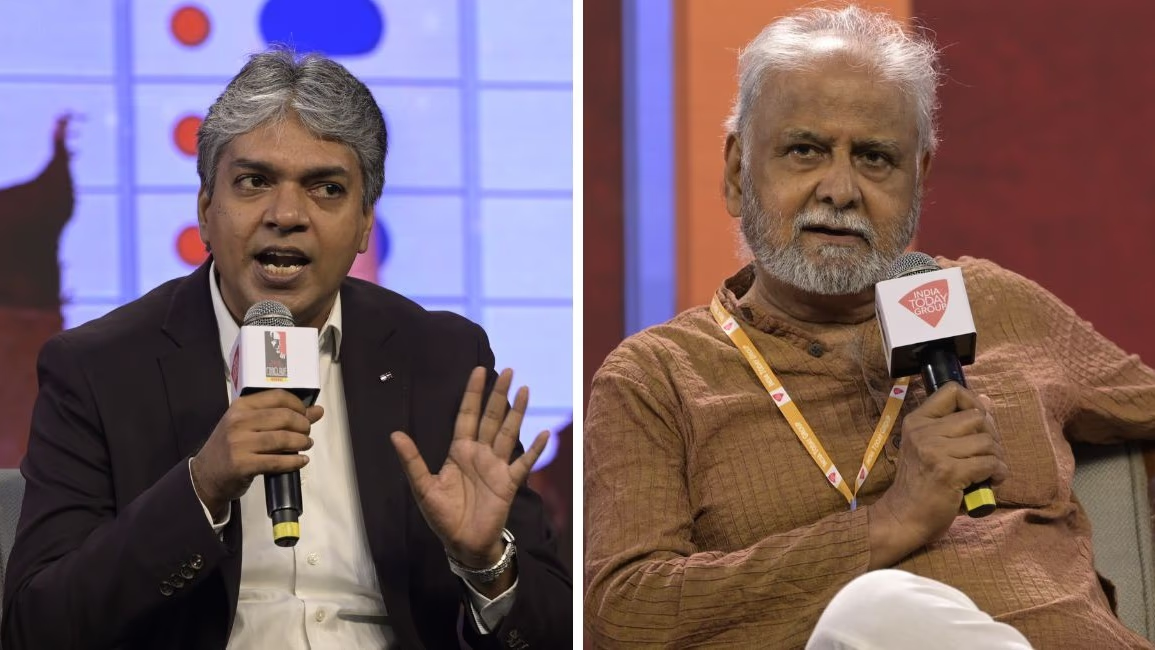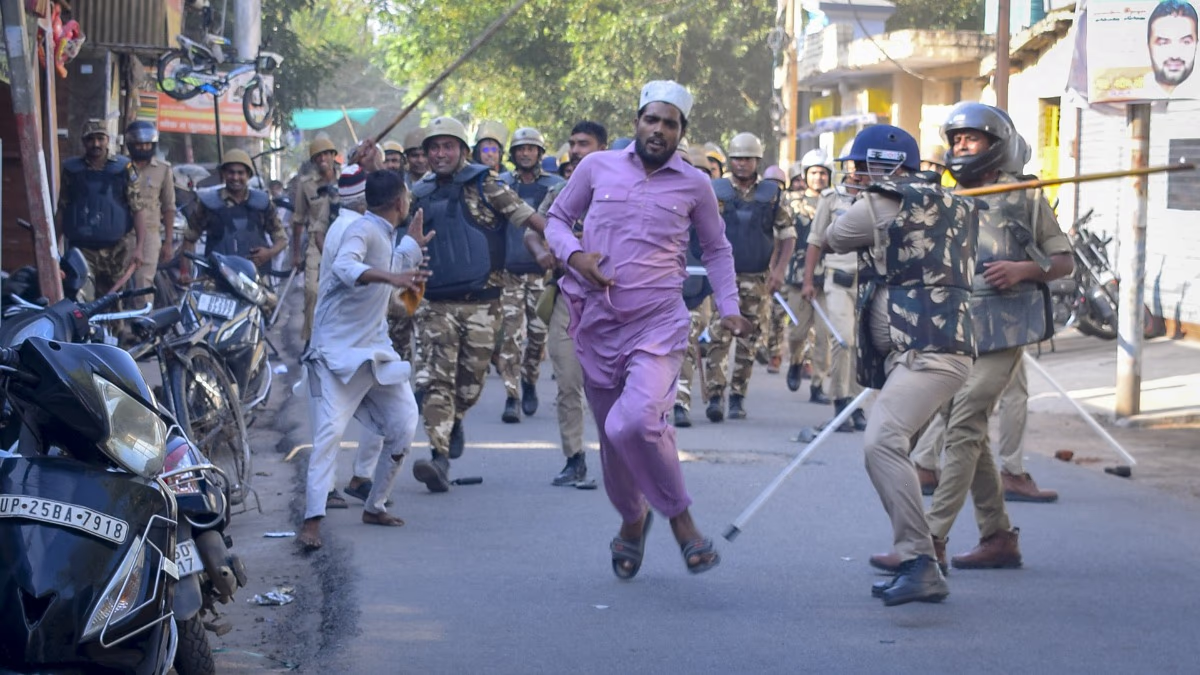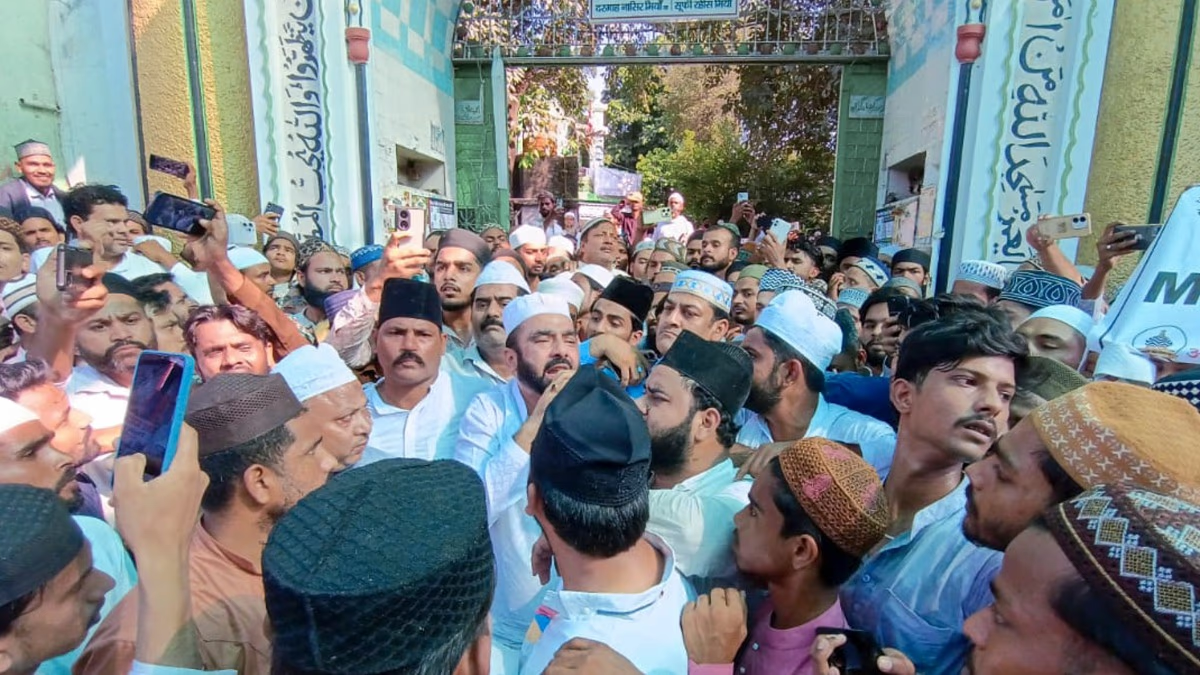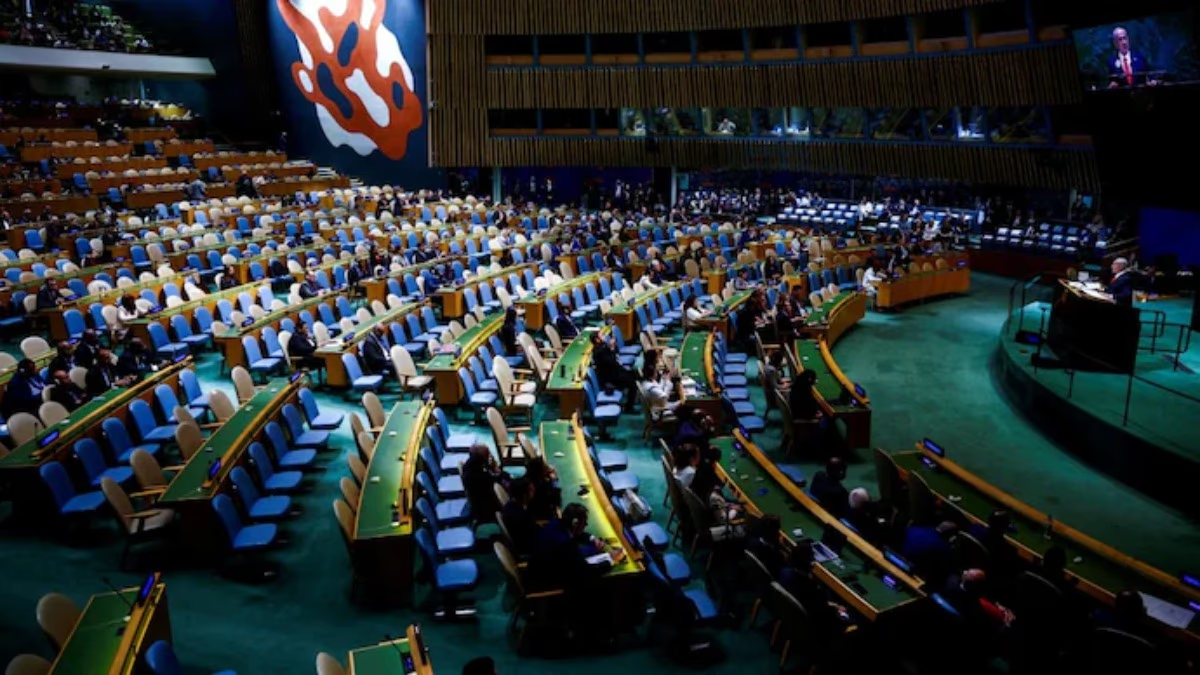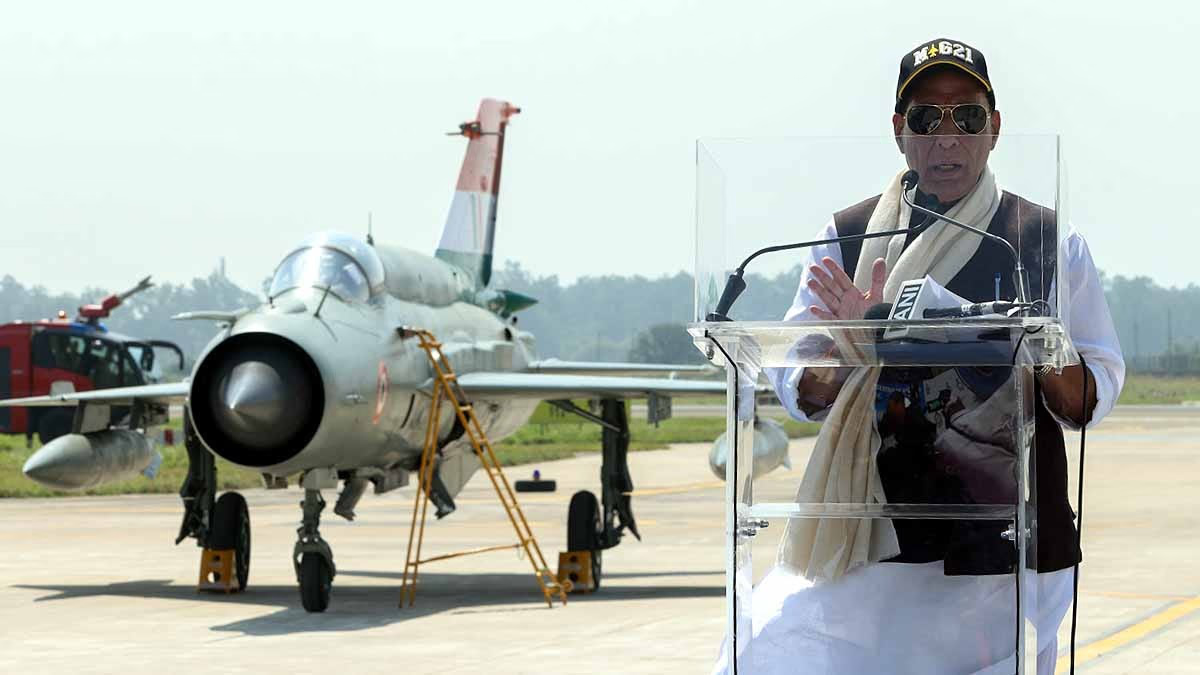In the financial hub of Maharashtra, the second day of the India Today Conclave in Mumbai delved into the topic of One Nation, One Election. During this session, notable participants included Gaurav Bhatia, spokesperson for the Bharatiya Janata Party (BJP), Congress spokesperson Supriya Shrinate, constitutional expert from the BJP Hitesh Jain, founder of the Association for Democratic Reforms (ADR) Jagdeep S Chhokar, and political analyst Amitabh Tiwari.
Discussion arose on the potential outcomes if a One Nation, One Election model is implemented by 2029. Political analyst Amitabh Tiwari remarked that in 2024, elections for four states coincided with the general elections. He noted that the BJP formed governments in both Odisha and Arunachal, and led the National Democratic Alliance (NDA) in Sikkim and Andhra Pradesh under Chandrababu Naidu. Tiwari further elaborated that the party or coalition performing well in Lok Sabha elections mirrors similar success in state elections.
He emphasized that historically, India's simultaneous elections yielded similar patterns, with Congress often dominating states alongside securing the Lok Sabha. Tiwari highlighted that under a One Nation, One Election system, voters might find themselves pressing two buttons on Electronic Voting Machines (EVMs), often aligning with the same party for both ballots. This trend has been consistent, he asserted.
Conversely, ADR founder Jagdeep Chhokar reflected on history and the 2014 election promise of One Nation, One Election. Despite resources being allocated towards this initiative up until 2018, it had been shelved. Chhokar also mentioned the recent introduction of the Women's Reservation Bill before the 2024 elections, questioning its implementation timeframe, analogous to the uncertain timeline for One Nation, One Election.
Supriya Shrinate Calls It a 'Hot Air Balloon'
Congress spokesperson Supriya Shrinate described One Nation, One Election as a distraction tactic, highlighting the need for a two-thirds majority in parliament to pass such a bill. She pointed out that 361 members' support is required in the Lok Sabha, and the current government holds 293. Shrinate drew parallels to past government U-turns like the Waqf Bill and warned that pursuing One Nation, One Election threatens the democratic framework, stressing that attention must also be given to state and local body elections.
Shrinate questioned the logic behind cost savings arguments, noting the extensive need for EVMs and VVPATs should One Nation, One Election proceed. She likened these arguments to those made during demonetization, which promised to end terror funding and more, but resulted in no substantial changes. Shrinate emphasized India's diversity, highlighting the rise of regional parties post-independence elections.
She further critiqued the inclusion of Ghulam Nabi Azad in the committee on One Nation, One Election, questioning why opposition leaders like Mallikarjun Kharge were excluded. She noted the inability to conduct elections in regions like Jammu & Kashmir, Haryana, and Maharashtra, and reiterated the significant expenditure required for EVMs and VVPATs.
Gaurav Bhatia’s Arguments
BJP spokesperson Gaurav Bhatia responded to constitutional concerns, noting historical precedents set by Congress governments, such as dismissing state governments and extending Lok Sabha terms under Indira Gandhi, that were attacks on the federal structure. Bhatia mentioned the committee led by Ramnath Kovind and endorsements from Subhash Kashyap on the necessity of One Nation, One Election. He countered opposition views, urging them to refer to Article 368 of the constitution and asserting that the Narendra Modi government, having secured three consecutive elections, will achieve One Nation, One Election.
